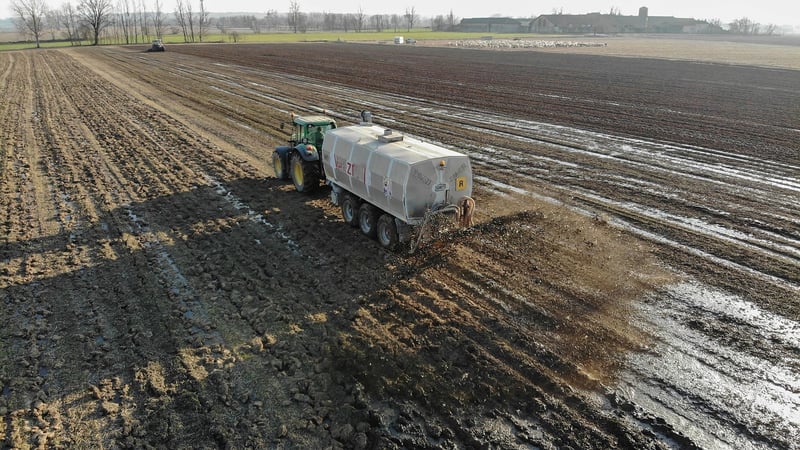Fertilization
Keeping Your Vertical Garden Healthy + Fertilization
Vertical gardens are a fantastic way to add greenery and life to small spaces, indoors or outdoors. However, maintaining the health of your vertical garden is essential to ensure lush and vibrant plants. One crucial aspect of vertical garden care is proper fertilization. Let's explore how you can keep your vertical garden healthy and thriving through effective fertilization techniques.
1. Choose the Right Fertilizer
When it comes to fertilizing your vertical garden, selecting the right fertilizer is key. Look for a balanced, water-soluble fertilizer that contains essential nutrients like nitrogen, phosphorus, and potassium. These nutrients are vital for plant growth and overall health.
2. Follow a Feeding Schedule
Establishing a regular feeding schedule for your vertical garden is crucial. Depending on the type of plants you have and the fertilizer you use, feeding frequency may vary. Typically, fertilizing every two to four weeks during the growing season is recommended.
3. Apply Fertilizer Correctly
When applying fertilizer to your vertical garden, ensure you follow the instructions on the product packaging. Over-fertilizing can harm your plants, so it's essential to measure the correct amount and distribute it evenly across your garden.
4. Monitor Plant Health
Regularly monitor the health of your plants to determine if they need additional nutrients. Signs of nutrient deficiency include yellowing leaves, stunted growth, and poor flowering. Adjust your fertilization routine based on the specific needs of your plants.
5. Consider Organic Options
If you prefer organic gardening, there are plenty of natural fertilizers available that can promote plant growth without synthetic chemicals. Compost, worm castings, and organic liquid fertilizers are excellent choices for maintaining a healthy vertical garden.
6. Water Properly
Proper watering is essential for fertilizer absorption and overall plant health. Ensure your vertical garden receives adequate water to help nutrients reach the plant roots effectively. Avoid overwatering, as it can lead to nutrient leaching and root rot.
Conclusion
By following these fertilization tips and maintaining a consistent care routine, you can ensure that your vertical garden remains healthy and vibrant. Remember to choose the right fertilizer, establish a feeding schedule, apply fertilizers correctly, monitor plant health, consider organic options, and water your garden properly. With proper care and attention, your vertical garden will flourish and bring joy for years to come.

Image Source: Pixabay
